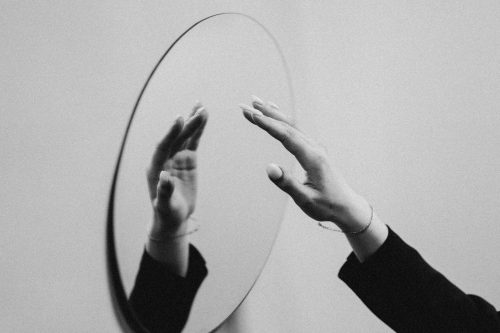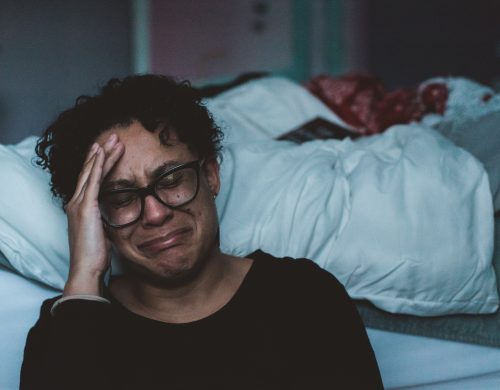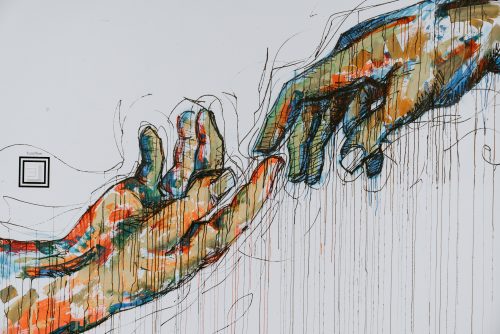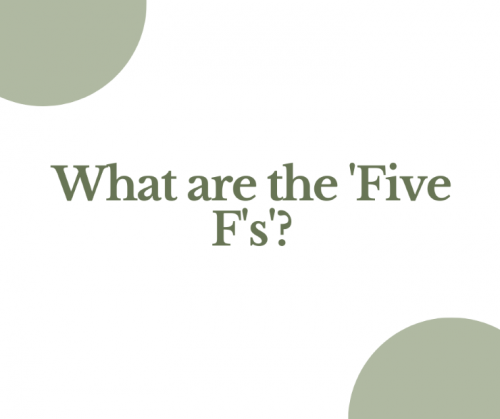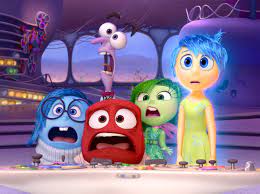-
Inner critics – why we have them.
If you think therapists are immune to having an inner critic, then think again! We know only too well what it’s like to have a constant narrative of “I should have / I shouldn’t have / why didn’t I?” playing out in our minds. And that’s because we’re human beings just like you, with a… Read more
-
Taming our inner critic
You’d probably quite like to be able to switch it off entirely. After all, it can get pretty wearing, being on the receiving end of a very opinionated, sometimes harsh, internal voice. Taming our inner critic is certainly appealing and the good news is that it’s also very possible. Just as we’ve developed, from an… Read more
-
Is it possible to recover from a damaging childhood?
The impacts of a damaging childhood can be far reaching and it’s natural that you find yourself wondering if it’s ever possible to really recover and feel happy. Whether that damage came about through the absence of something (emotional warmth, security, safe attachment figures) or through the presence of something (violence, poverty, racism) you may… Read more
-
Toxic family relationships, enmeshment and what to do about it.
Toxic family relationships often bring people to seek counselling. It’s something of a cliché amongst therapists that the people we see in our counselling rooms are there because of the people we’re not seeing – who really should be in therapy. But it’s true! The violent grandfather who you were terrified of all through your… Read more
-
When did you last play? And why it matters.
I’ll share something personal about the topic of play with you. On a cloudy and not particularly warm afternoon recently (bear in mind I’m writing this in October) I stood with a friend, on a mostly empty beach. I looked at the not insignificant waves rolling in from the North Sea and questioned my own… Read more
-
The power of connection
What do I mean by ‘the power of connection’ and just why do us counsellors talk about the importance of the relationship between client and therapist so much? You might think that if you’re struggling with anxiety and pick a therapist because their website says they specialise in anxiety, then that’s the main thing, right?… Read more
-
Triggers and Glimmers
Triggers and glimmers are the signals to our nervous system of danger/threat and safety/joy. This article explores both of these in a little more detail but specifically why it’s important to seek out, notice and fully experience the glimmers. Glimmers, on the other hand, are those times we feel we’re smiling on the inside (or… Read more
-
The Five F’s
If you have a diagnosis of PTSD or C-PTSD then it is likely your brain has learnt that the world can be unpredictable or dangerous. Because of this it may regularly default to one or more of these Five F’s. Read more
-
Disney and our emotional world
Disney isn’t necessarily the first place we look when wanting to understand our emotional world. But in Inside Out, there’s something brilliant and, in my experience, incredibly helpful that we can take from it. Let me explain Inside Out introduces us, very subtly, to the psychological concept of ‘parts’ (otherwise known as Internal Family Systems).… Read more
-
Anxiety and the brain
Anxiety can have both physical and emotional aspects. Understanding how it relates to certain parts of our brain can be really helpful. Your brain has a very important part, called the amygdala (a-mig-duh-luh). This is the oldest (in evolutionary terms) part of your brain and it has one function, which is to ensure your survival.… Read more


